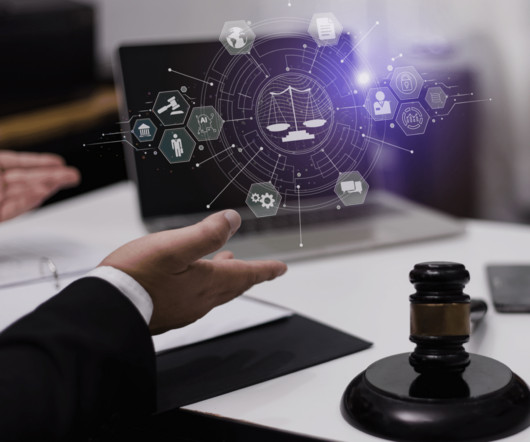How Law Firms Are Using AI: Quick Case Summaries and More
CARET Legal
MAY 1, 2024
AI tools use historical data and ML algorithms to predict probable outcomes of legal proceedings. This empowers law firms to strategize their cases, manage resources, and advise clients. This can enable law firms to stay ahead of the curve and provide superior legal services to their clients.















Let's personalize your content